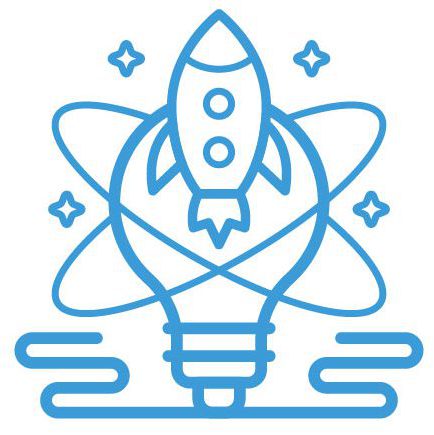
Not Just Another Conference !
It has become clear through talking to schools and education professionals that there is little requirement for another schools conference. What there is, however, is a need for a place where education professionals can come together to address the need to do things differently. A space where, through engineered serendipity, we can connect with like-minded educators to adapt teaching methodologies that suit the modern student in today’s classroom. The conference programmes are carefully designed to meet the specific needs of Asia-Pacific-based schools and will provide participants with actionable strategies to implement in their classrooms today.

Innovation in Education
Innovation in Education
This theme will explore advancements in teaching and learning pedagogies that leverage technology and creative problem- solving. Key topics include the implementation of blended learning environments, the role of artificial intelligence in personalising education, and the impact of gamification on student motivation. Attendees will engage in workshops and discussions about successful case studies from various educational institutions, highlighting how innovative practices can be integrated into traditional curricula to enhance student outcomes. The goal is to inspire educators to embrace change and think outside the box in their teaching approaches.

The Science of Learning
The Science of Learning
Focusing on empirical research and evidence-based practices, this topic will examine how cognitive science informs our understanding of learning processes. Sessions will cover critical concepts such as memory retention, the role of emotions in learning, and the effects of stress on academic performance. Experts will discuss practical applications of neuroscience in the classroom, including strategies for improving focus and retention, as well as the importance of a growth mindset. By understanding the underlying mechanisms of learning, educators will be better equipped to create effective learning environments that cater to the diverse needs of students.

Philosophy of Education
Philosophy of Education
This theme encourages participants to engage in deep philosophical inquiry regarding the aims and values of education. It will explore diverse philosophical frameworks, including constructivism, pragmatism, and critical pedagogy, and their implications for teaching practices. Discussions will revolve around questions such as: What is the purpose of education in modern society? How can educators cultivate critical thinking and ethical reasoning among students? By reflecting on these fundamental questions, educators can develop a more coherent and purposeful approach to their teaching, aligning their methods with their educational beliefs and the needs of their students.

Personalisation
Personalisation
Personalisation in education has evolved significantly beyond simplistic notions of learning styles to embrace evidence-based approaches that truly support individual learner development. Through adaptive assessment and data-informed practice, educators can make precise decisions about learning progressions whilst maintaining high expectations for all. Evidence-based differentiation provides the foundation for meeting diverse learner needs, while Universal Design for Learning ensures accessibility and engagement across the learning community. Competency-based progression allows students to advance at their optimal pace, supported by clear developmental frameworks. At the heart of this approach lies learner agency, where students develop the metacognitive skills and self-regulation strategies essential for lifelong learning. This contemporary understanding of personalisation aligns with cognitive science research whilst supporting systematic educational transformation.
